Category: Ballot measures
-
California Propositions 26 and 27 become the most expensive ballot measures in California since 1999

Committees supporting and opposing California Propositions 26 and 27, which would enact in-person and mobile sports betting respectively, have raised over $256.4 million becoming the most expensive ballot measures in California history. The committees eclipsed the 2020 app-based drivers initiative, Proposition 22, which raised $224.3 million. Proposition 26, backed by American Indian tribes, would legalize…
-
Arkansas Board of Election Commissioners declines to certify ballot language for initiatives to legalize marijuana and repeal Pope County’s casino authorization
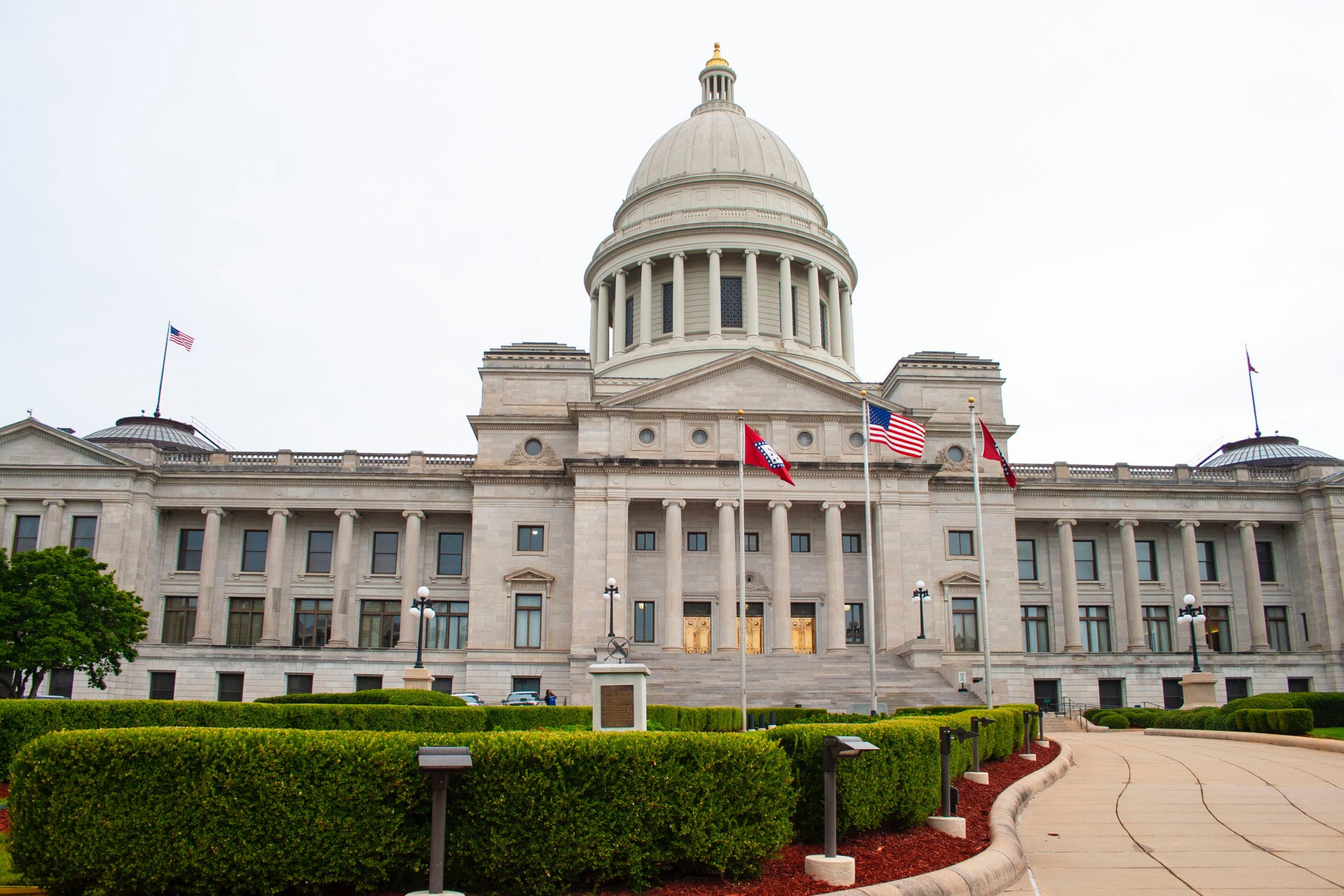
On August 3, the Arkansas Board of Election Commissioners declined to certify the ballot titles and popular names for two initiatives that had submitted signatures. Fair Play for Arkansas 2022 said they were considering their options to challenge the board’s decision. Responsible Growth Arkansas said they planned to challenge the board’s decision with the Arkansas…
-
Kansans reject amendment to provide that the state constitution does not secure a right to abortion
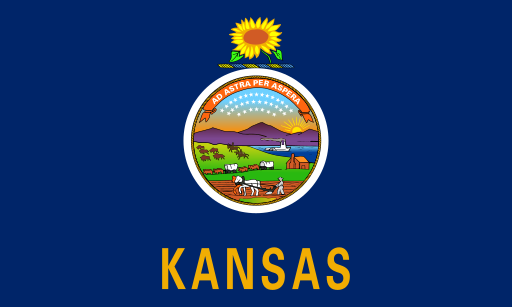
Kansans rejected an amendment to provide that the state constitution does not secure a right to abortion on August 2. With 100% of precincts reporting, the vote was 58.78% ‘No’ to 41.22% ‘Yes’. Based on unofficial results, 908,745 people voted on the constitutional amendment compared to 727,360 in the gubernatorial primaries and 718,545 in the…
-
Signature deadline for Colorado initiatives approaching on August 8
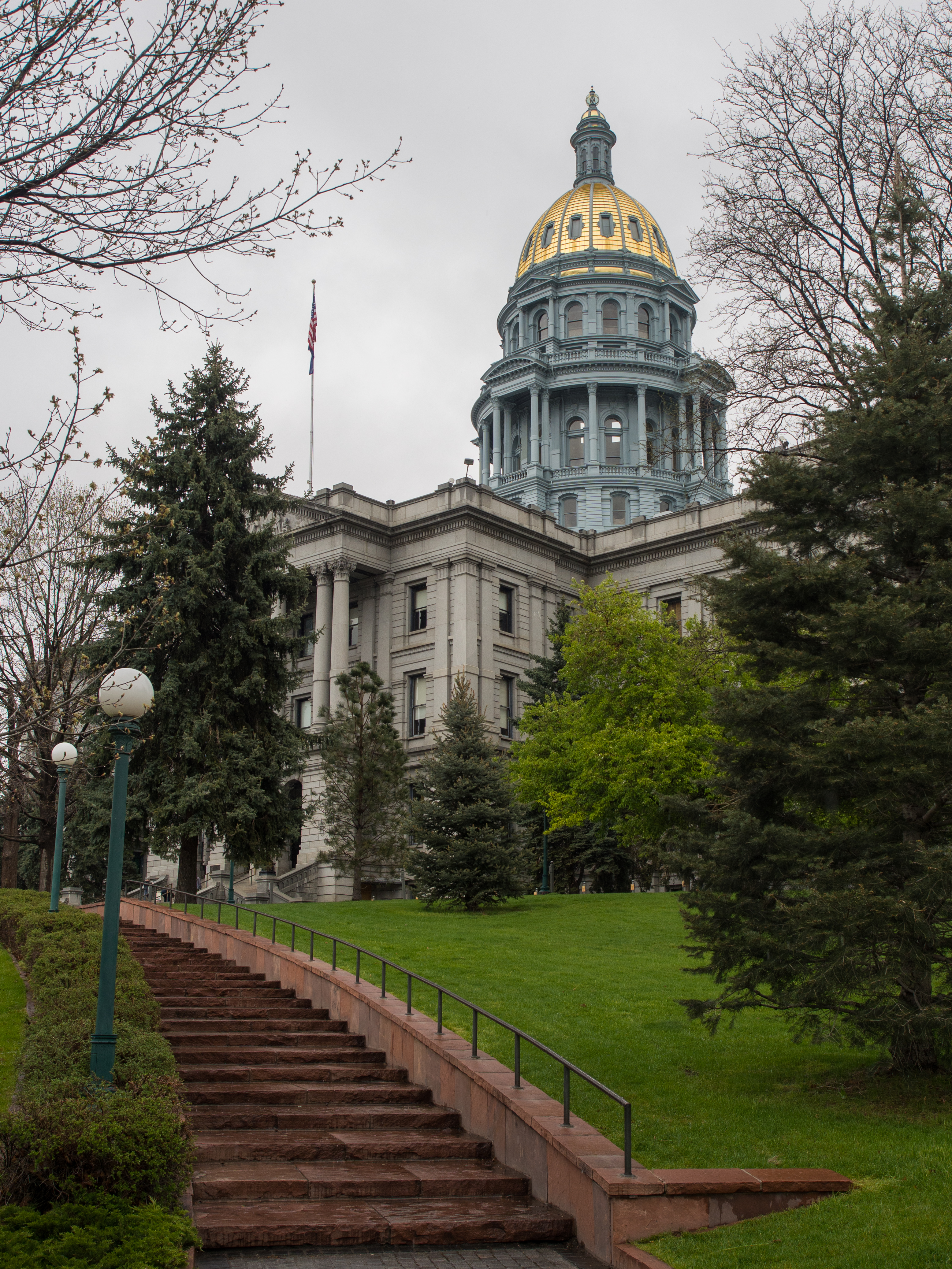
Eleven ballot initiatives cleared for signature gathering in Colorado face a signature deadline on August 8. To qualify for a spot on the November ballot, proponents need to submit 124,632 valid signatures. The 11 initiatives concern topics including abortion, alcohol regulations, decriminalizing psychedelic plants and fungi, housing, utilities, healthcare, campaign finance, and education funding. Initiative…
-
Signatures submitted for $15 minimum wage ballot initiative in Michigan
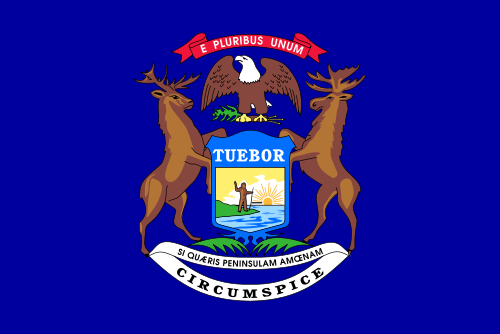
On July 26, 2022, the One Fair Wage campaign announced that it submitted more than 610,000 signatures to qualify a $15 minimum wage initiative for the Michigan ballot in 2024. The proposal is an indirect initiative, meaning, if enough signatures are verified, it goes to the state legislature first for consideration before being placed on…
-
Top-five ranked choice initiative voting initiative certified for Nevada ballot
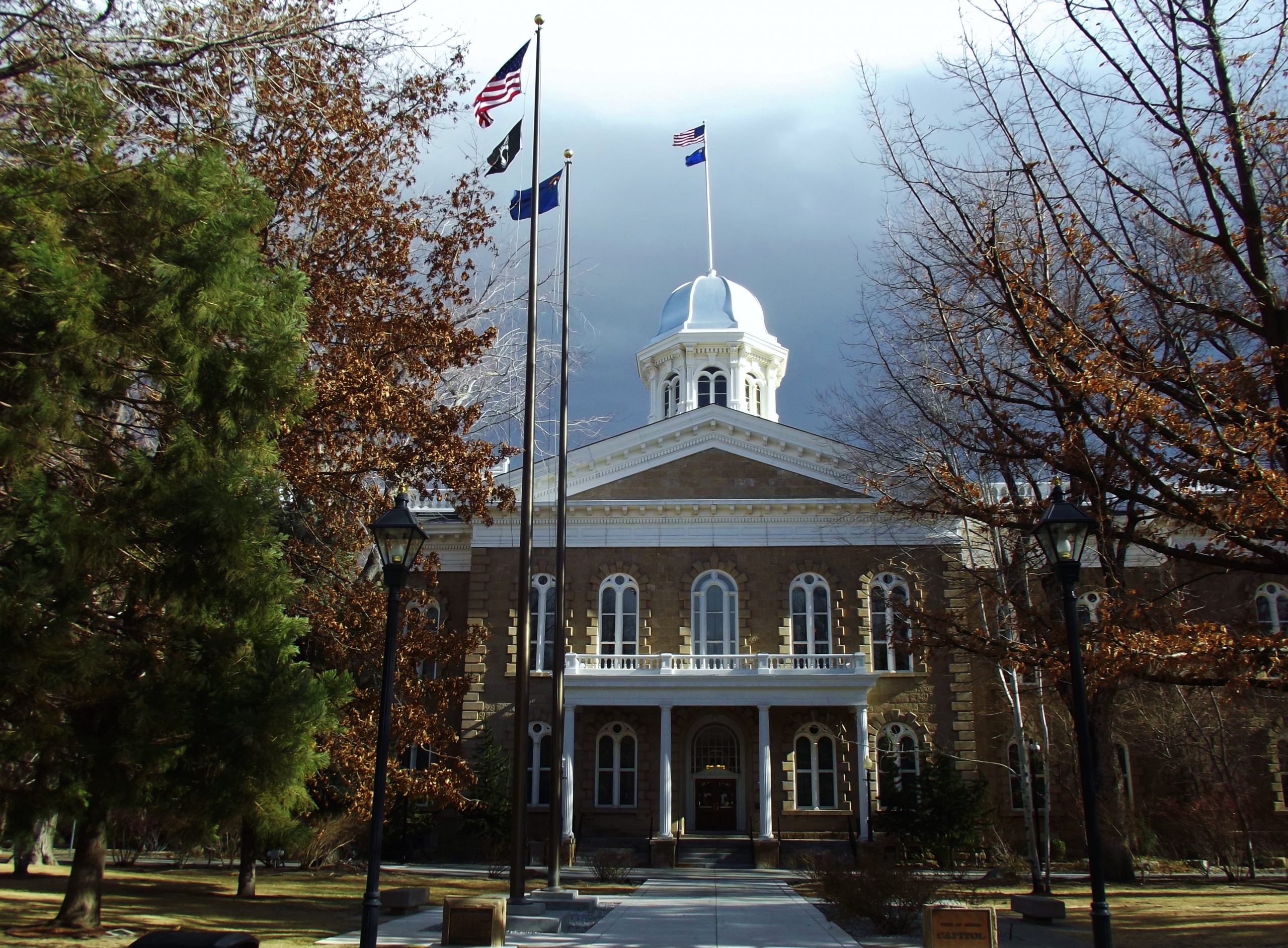
On July 21, 2022, the Nevada Voters First campaign announced that the Secretary of State verified 170,941 of their 266,000 submitted signatures for a top-five ranked choice voting initiative, qualifying it for the ballot this November. The campaign needed at least 135,561 valid signatures. If approved by voters, the measure would establish an open top-five…
-
Idaho voters will decide on an initiative to increase the state’s income and corporate tax rates for education funding in November

On July 22, the Idaho secretary of state announced that an initiative that would increase income tax and corporate tax rates to provide additional education funding had submitted the required number of signatures for the November ballot. Reclaim Idaho, the campaign behind the initiative, filed 95,269 signatures on May 2. In Idaho, the number of signatures…
-
California ballot initiative to repeal PAGA qualifies for 2024 ballot
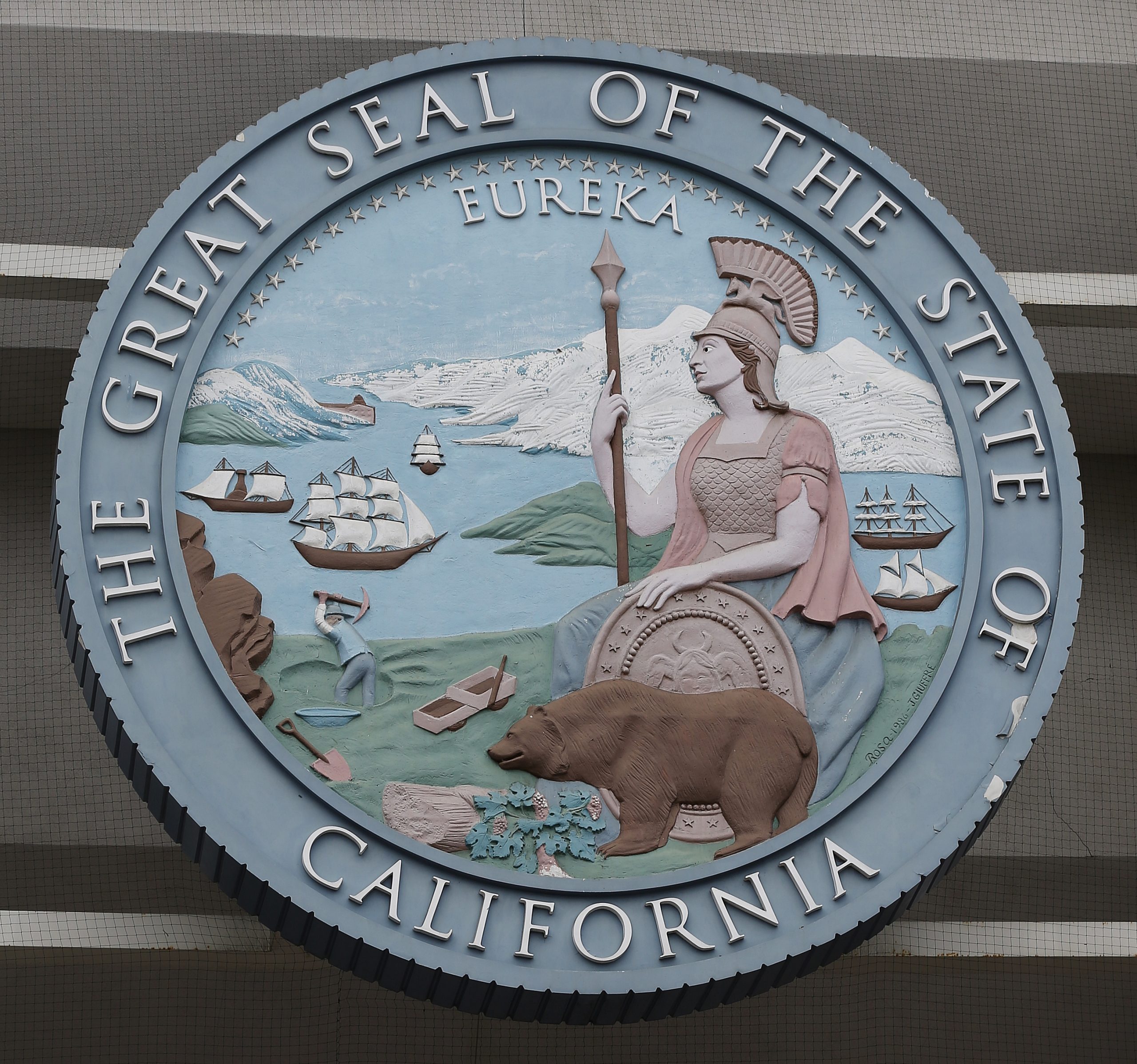
On July 22, the secretary of state reported that a ballot initiative to repeal the Private Attorneys General Act (PAGA) had qualified for the 2024 ballot after missing the signature verification deadline for the 2022 ballot. In California, the number of signatures required for an initiated state statute is equal to 5% of the votes…
-
Coloradans to decide on initiative decriminalizing psychedelic plants and fungi in November

Coloradans will vote on an initiative in November to decriminalize possession of certain psychedelic plants and fungi. The initiative would define dimethyltryptamine (DMT), ibogaine, mescaline (excluding peyote), psilocybin, and psilocyn as natural medicines. It would also create the Regulated Natural Medicine Access Program for licensed centers to administer natural medicine services. Licensed centers would be…
-
Previewing Tennessee’s August 4 local ballot measures

Voters in Nashville and Memphis are heading to the polls on August 4 to decide on five amendments to their cities’ charters. Memphis voters will decide on one charter amendment. If passed, the Memphis measure would increase the term limits of the city council and mayor to three 4-year terms rather than the current two…

